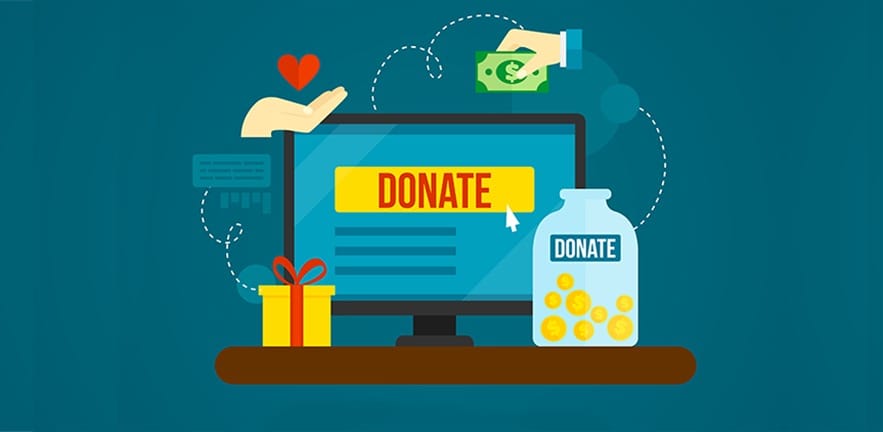Likelihood to donate to charity depends on whether someone feels superior or inferior to others, which has big implications for charitable advertising strategy, finds new study co-authored at University of Cambridge Judge Business School.

Suppose a cancer charity’s advertisement that says “Making strides toward a world with more birthdays” was changed to say “Making strides toward giving you more birthdays.” Would this influence your likelihood to donate?
A new study argues that it does – depending on whether you are comparing yourself favourably or unfavourably to other people.
The first advert (the actual ad copy used by the American Cancer Society’s ‘Relay for Life’), which focuses on giving the world more birthdays, would be more effective if you feel relatively better off than others (a “downward comparison”). This is because people making downward comparisons are more likely to give as a means of expressing altruistic values, such as to give back and be a better person. In contrast, people who feel inferior in some way (an “upward comparison”) are more likely to give in order to benefit themselves – to give oneself more birthdays, in this example.
“Those making downward and upward comparisons will differ in how willing they are to help in order to benefit others’ lives,” said the study just published online in the Journal of Consumer Psychology.
These results have important managerial implications, because, depending on whether an advert’s target segment feels generally better or worse off than others, “managers should craft charitable appeals to emphasise benefits to others or oneself, respectively” – and this context “is critical to the success of a charitable appeal.”
The article – entitled “Helping others or oneself: How direction of comparison affects prosocial behaviour” – is co-authored by Ann E. Schlosser of Foster School of Business at the University of Washington and Eric Levy of University of Cambridge Judge Business School.
“For charities, the study finds that adverts highlighting the altruistic reasons for giving, such as how giving would benefit others, would be more likely to appeal to people who feel in a relatively good position in their lives,” says Eric Levy, University Lecturer in Marketing at Cambridge Judge. “This can help charities target their ads far more effectively.”
Levy says:
Given that most charity advertisements focus on ‘benefits to others’ rather than to oneself, the study suggests that many of these ads may be ineffective in motivating people to give when they are feeling worse off than others. So charity managers should seek to ascertain if their target audience feels worse off than others, and if so say something like ‘help improve air quality so you can live a healthier life’ rather than ‘help improve air quality so people around the world can live healthier lives.’
Although there has been six decades of research on “comparison theory,” the direction of comparison as a predictor of people’s willingness to give had previously been little explored, the paper said.
The paper is based on four separate but related experimental tests on hundreds of people, including undergraduate students as well as non-students.
In one test, for example, students were told that their job prospects were easier (prompting downward comparison) or worse (prompting upward comparison) to another group of college students. The students were then shown volunteering opportunities that emphasised benefits to others (“help those less fortunate by giving to those who need it”) or self-benefit (“build connections by networking with local business and community leaders”). The result: “Those in the downward (vs. upward) condition were more willing to help when the ad used an other-benefit appeal.”
Another of the four studies showed that those making downward comparisons gave more money than a no-comparison control group, while those making upward comparisons gave marginally less.
According to the paper:
Across four studies, we consistently find that downward (vs. upward) comparisons increase individuals’ willingness to give when the context explicitly states or implies that giving will benefit others. These findings are robust, emerging across different populations (students and nonstudents), different requested resources (monetary and nonmonetary) and different domains of comparison (monetary and nonmonetary).


